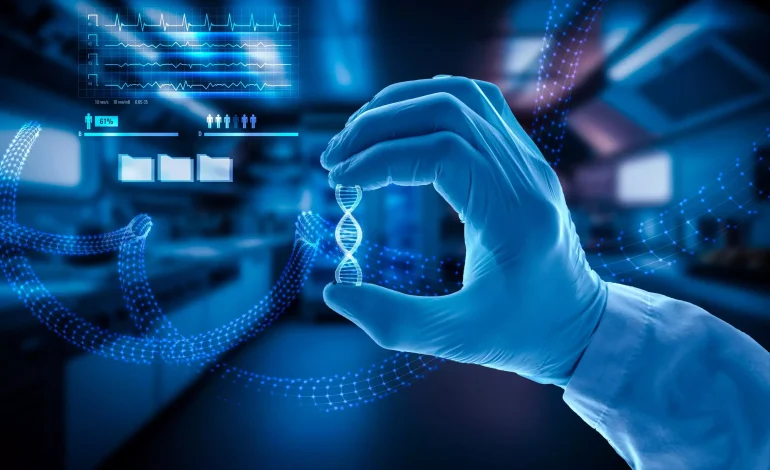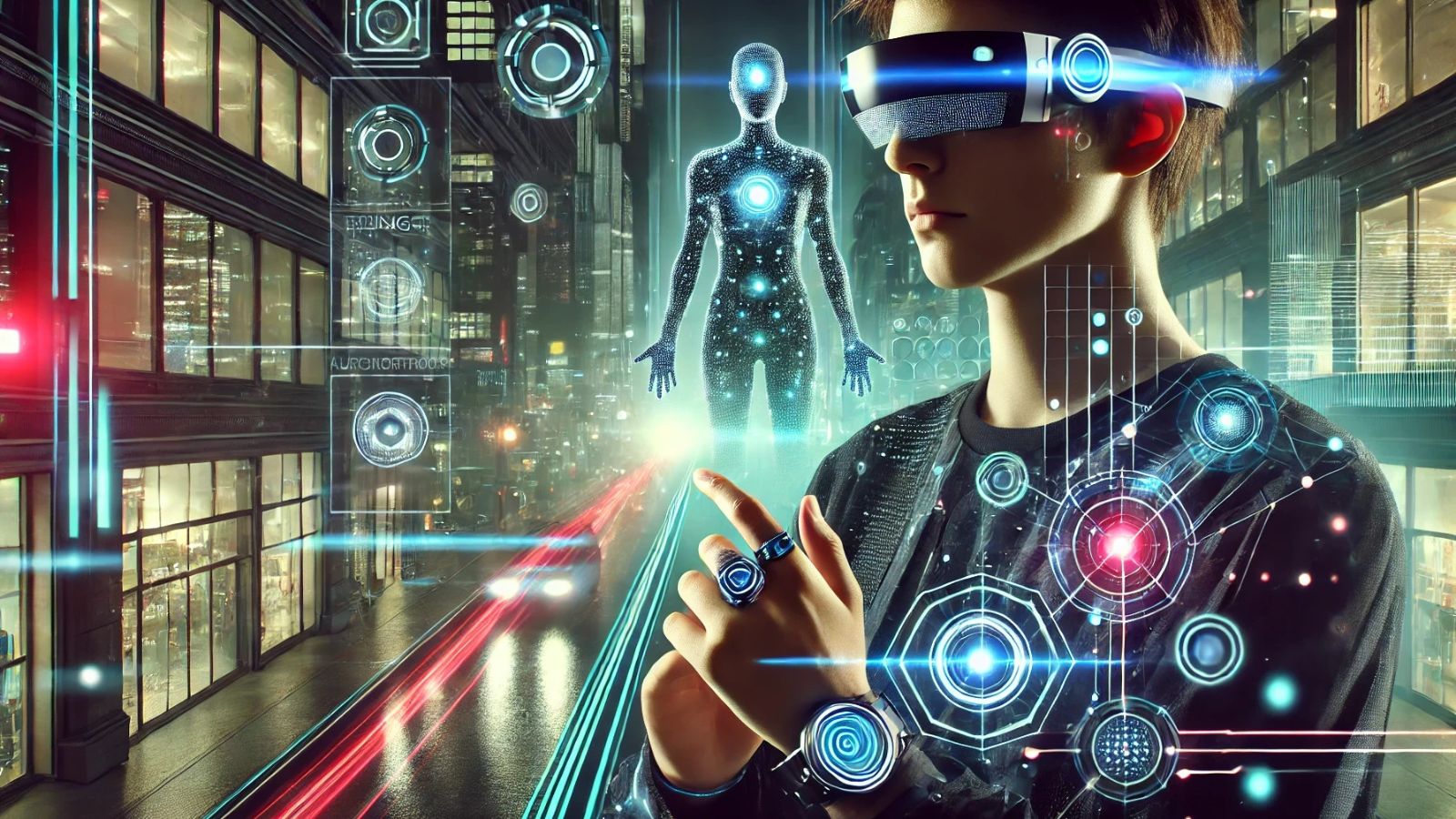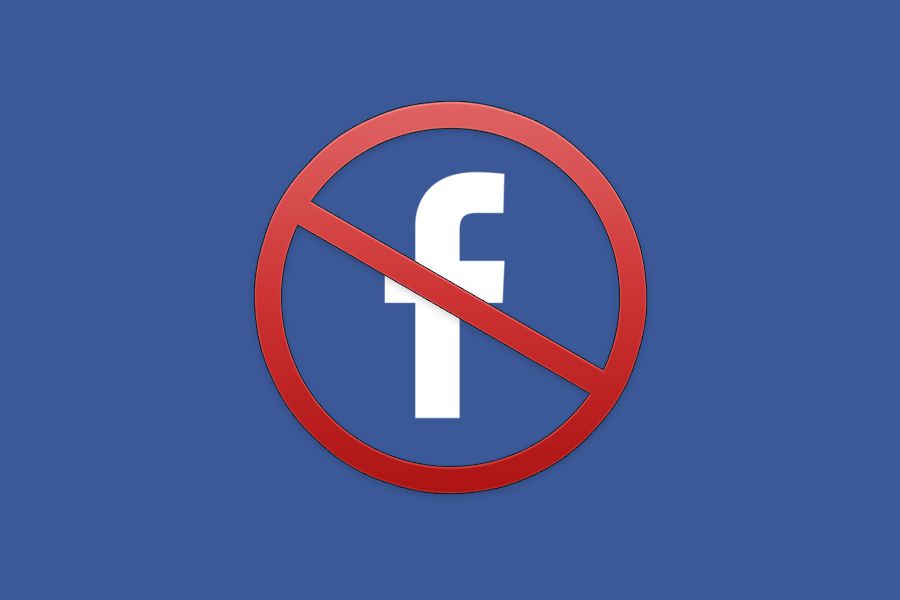The Evolution of Technology: How Innovation Shapes Our Everyday Lives
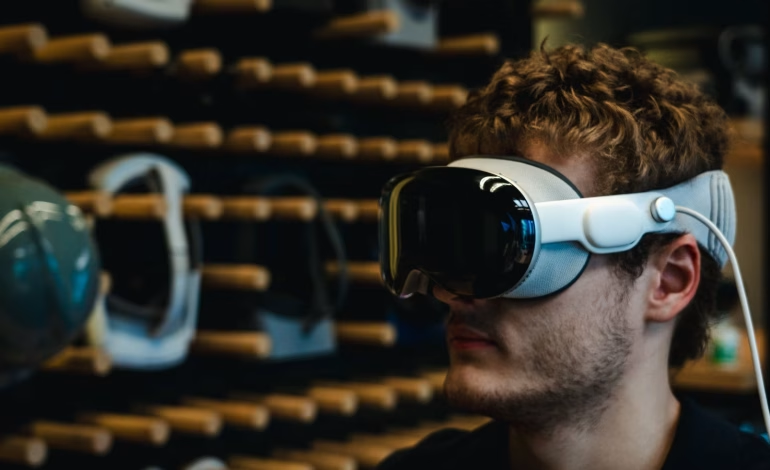
Technology has become one of the most defining forces of the modern world. From the smartphones in our pockets to the artificial intelligence systems powering industries, innovation continues to transform the way we live, work, and interact. While technological progress has always driven human development, the pace of change in the last few decades has been unprecedented.
This article explores the evolution of modern technology, its impact on daily life, emerging trends, and the challenges society faces in adapting to constant innovation.
Technology in Everyday Life
It is nearly impossible to imagine modern life without technology. Smartphones, laptops, and the internet have revolutionized communication, making it possible to connect instantly across the globe. Social media platforms allow people to share ideas, businesses to reach customers, and communities to grow around shared interests.
Technology has also enhanced convenience. Online shopping, food delivery apps, ride-sharing services, and smart home devices have streamlined tasks that once required significant time and effort. While these innovations increase efficiency, they also create new expectations—consumers now demand instant results, whether it is a product delivery or an answer to a question.
The Workplace Revolution
Technology has also reshaped how and where we work. Remote work, once a niche option, became mainstream during the COVID-19 pandemic. Tools like Zoom, Slack, and Microsoft Teams enabled businesses to continue operating despite physical restrictions. Today, hybrid work environments are common, offering employees greater flexibility.
Automation and artificial intelligence are also redefining roles in the workplace. Repetitive tasks in industries like finance, healthcare, and logistics are increasingly performed by machines, freeing humans for more complex, creative work. However, this shift also raises concerns about job displacement and the need for reskilling.
The Role of Artificial Intelligence
Artificial intelligence (AI) is one of the most influential technologies of our time. It powers voice assistants like Siri and Alexa, recommendation systems on Netflix and YouTube, and even advanced medical diagnostic tools.
AI’s strength lies in its ability to process vast amounts of data and identify patterns. For example:
-
Healthcare: AI analyzes medical images, predicts disease risks, and supports drug discovery.
-
Finance: Algorithms detect fraudulent transactions and guide investment decisions.
-
Transportation: Self-driving cars and smart traffic systems aim to reduce accidents and congestion.
Despite its potential, AI also raises ethical concerns. Questions about bias, privacy, and accountability continue to challenge governments and industries alike.
Emerging Technologies
Beyond AI, several emerging technologies are shaping the future:
-
5G Networks: Faster connectivity supports everything from smart cities to augmented reality applications.
-
Virtual and Augmented Reality (VR/AR): These tools are transforming gaming, education, and even workplace training by creating immersive experiences.
-
Blockchain: Best known for powering cryptocurrencies, blockchain is being applied to secure transactions, digital identity verification, and supply chain management.
-
Quantum Computing: Though still in early stages, quantum computers promise to solve complex problems in seconds that would take traditional computers centuries.
Each of these innovations brings opportunities as well as disruptions, requiring careful integration into society.
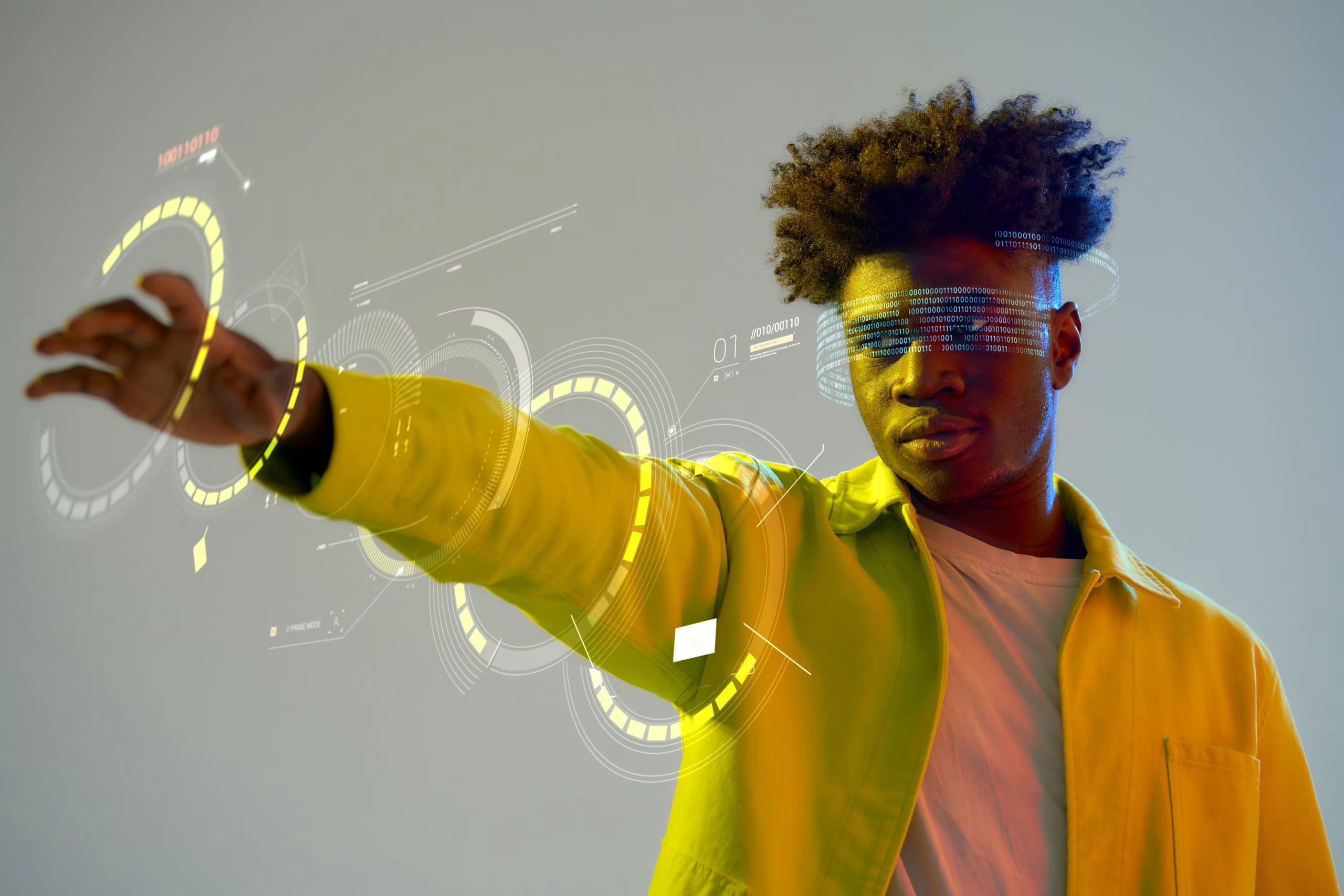
Technology and Education
The role of technology in education has expanded dramatically. E-learning platforms, virtual classrooms, and digital libraries allow students to access knowledge from anywhere in the world. Personalized learning powered by AI adapts material to individual needs, making education more inclusive.
However, the digital divide remains a challenge. Not all students have access to reliable internet or modern devices, highlighting the importance of ensuring that technological progress benefits everyone, not just the privileged few.
Impact on Health and Wellness
Healthcare has seen some of the most transformative technological advancements. Telemedicine allows patients to consult doctors remotely, reducing travel and increasing accessibility. Wearable devices monitor heart rate, sleep patterns, and physical activity, empowering individuals to take control of their health.
Biotechnology and genomics are also advancing rapidly. Personalized medicine, based on a person’s genetic makeup, is becoming more common, offering more targeted and effective treatments.
At the same time, technology has introduced new health concerns. Excessive screen time, sedentary lifestyles, and digital addiction are challenges that modern society must address.
Challenges of a Tech-Driven World
While technology brings countless benefits, it also presents challenges:
-
Privacy and Data Security: With so much personal data online, protecting information from cyberattacks and misuse is critical.
-
Job Displacement: Automation and AI could replace millions of jobs, requiring workers to adapt to new roles.
-
Digital Addiction: Social media and online platforms can lead to overuse, impacting mental health and productivity.
-
Environmental Impact: The production and disposal of electronic devices contribute to e-waste and climate change.
Balancing innovation with responsibility is one of the greatest challenges of our time.
The Future of Technology
Looking ahead, technology will likely continue to integrate deeper into our daily lives. Smart cities will use sensors to optimize energy use and transportation. Advanced robotics may become part of households, assisting with chores and caregiving. AI-driven personalization will influence everything from entertainment to healthcare.
However, the success of this future depends on addressing ethical concerns and ensuring that innovation serves humanity rather than replacing it. Regulations, education, and public awareness will play critical roles in shaping how technology evolves.

Conclusion
Technology is both a tool and a force—shaping how we live, learn, work, and connect. Its rapid evolution brings unprecedented opportunities for progress but also requires society to navigate challenges responsibly.
From artificial intelligence to virtual reality, the technologies of today are already building the foundation of tomorrow. The key to thriving in a tech-driven world is not simply embracing innovation, but doing so thoughtfully, with an eye toward inclusivity, sustainability, and humanity.
In the end, technology is not just about machines and code—it is about people. When used wisely, it has the power to create a future that is not only more advanced but also more connected, equitable, and meaningful.

